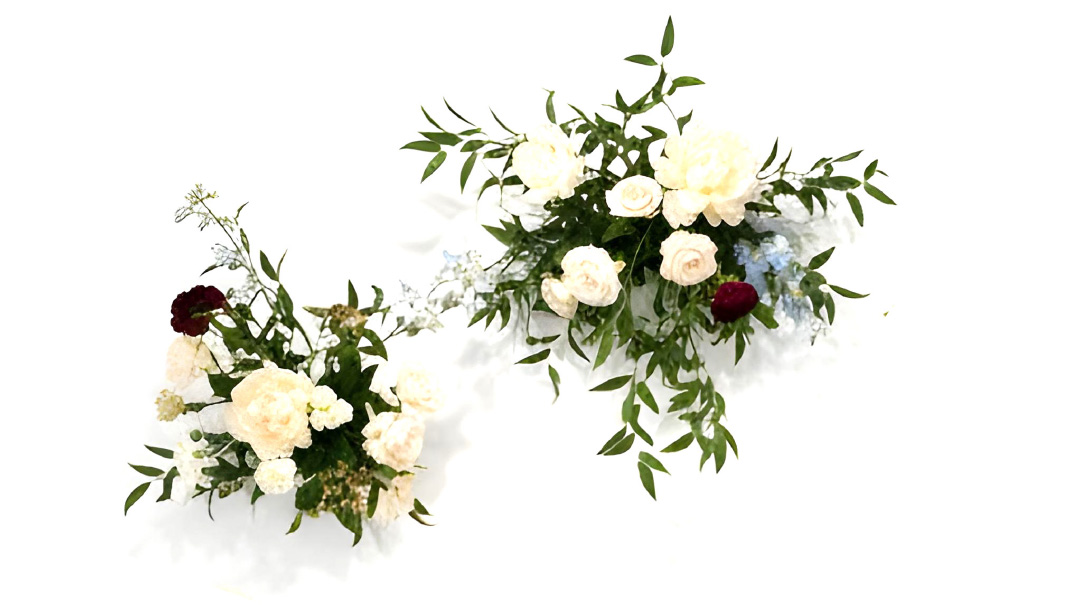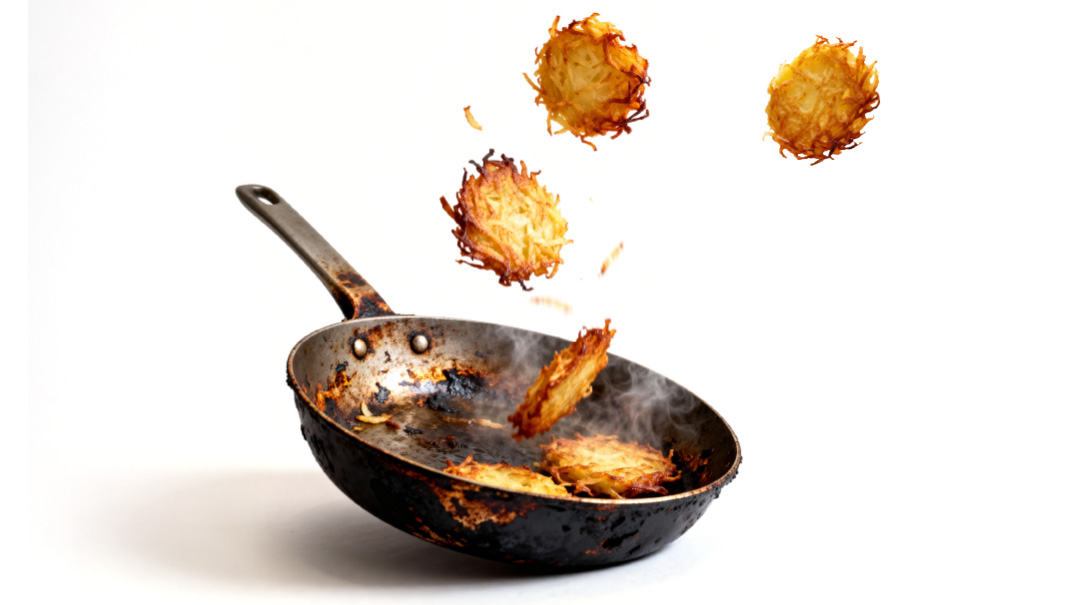The Pot Handle
| January 2, 2024Letting go of that pot meant letting go of another piece of my mother

OF
course, it had to break a half hour before Shabbos. Just as I was moving the soup from the burner into the oven to keep it warm, the handle gave way, revealing a rotten inner core. I’d prolonged the inevitable for some time, repeatedly reattaching the wobbly handle with duct tape and hope. I knew that at some point, the duct tape would give way, and that they simply don’t make handles to fit this type of pot anymore.
But letting go of that pot meant letting go of another piece of my mother.
When my mother died 14 years ago, I knew that pot of hers would be one I’d be using all the time. The perfect size for our now two-person family, it was neither too small if we had a few guests nor too big for just us. And I know my mother bought it so long ago for the same reasons. Once it was just her and my father, she didn’t need to pull out the many large pots she used when the whole family was in attendance.
I didn’t grow up seeing this pot. But it reflected my mother: compact, efficient, and designed to do the most in limited space. Its simple lines and size belied its capacity for producing a myriad of items that graced my mother’s table.
It is hard for me to reconcile that I’ve been married 50-plus years, yet am still the daughter who needs to hear her mother’s voice and its abundance of easily dispensed wisdom. I can’t call her to tell her about a simchah in the family, a concern, or a new recipe I saw. But I can use her pot and feel her with me on some level.
I look at that enameled brown pot and see my mother. She liked that pot so much that when she bought it, she got one for her sister as well. My mother and aunt often would do that, knowing what the other would like. When I helped my aunt and her children pack her belongings for a move from our community a few years ago, I smiled when I saw my pot’s twin going with her on her journey.
And now my pot has lost its status as a twin (yes, I know I have an odd way of attributing feelings to inanimate objects). I thought about putting a plant in the remains of the pot, but based on its dimensions it wasn’t a very realistic plan. I washed it out and left it on the counter for a few more days, bereft of its handle, unable to work the way it once did, and knew that soon I’d have to say goodbye.
When the new pot I ordered arrived, I looked at it critically: Was it up to the task of its hardworking predecessor? With a combination of sadness and anticipation, I heated up my Shabbos soup. I had to admit that it was a pleasure to lift the pot without the fear that it would break apart. And when I moved it into the oven, I knew I’d found a pot that I could now call my own.
I think my mother would approve.
(Originally featured in Family First, Issue 875)
Oops! We could not locate your form.







